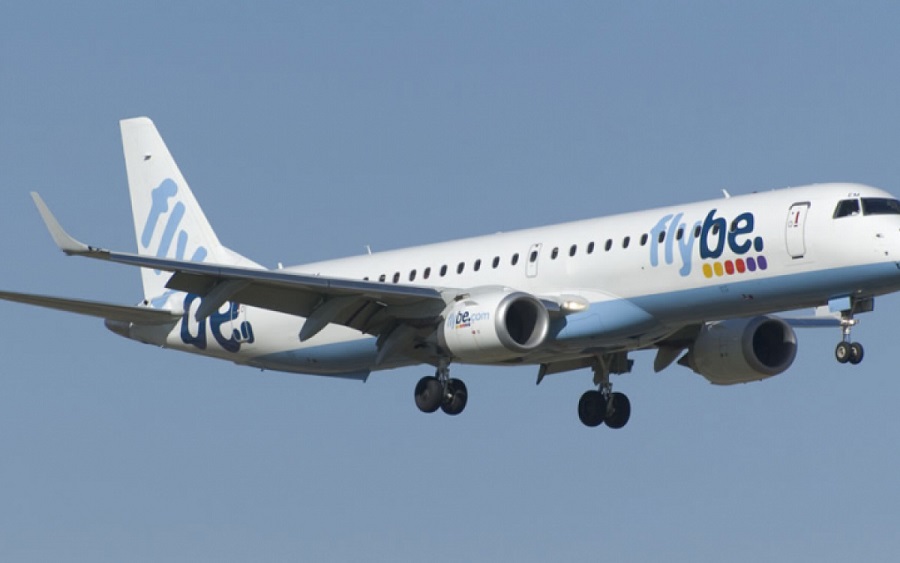The British regional airline, Flybe has ceased operations on Thursday, March 5, due to a plunge in travel demands resulting from the Coronavirus outbreak.
The collapse of Flybe, an airline that connects all cities in the United Kingdom with major European locations, puts over two thousand jobs at risk and the regional economies in dire straits.
According to the Flybe’s official statement, the collapse came on the heels of the government’s backout from a rescue package agreed in January this year.
Reuters stated that Prime Minister Boris Johnson had agreed to the rescue deal for the four-decade-old airline – Flybe – in January, saying it was important to maintain connections across the country for its eight million passengers. However, by Thursday morning, the government threw in the towel, saying there was nothing more it could do.
(READ MORE: British Airways to compensate passengers over diverted flights)
Since the outbreak of the virus in January, airlines have been cancelling their flights across Asia and Europe, thus resulting in a decline in profit. Other airlines affected by this trend are the British Airways (ICAG.L), EasyJet (EZJ.L), Virgin Atlantic, Lufthansa (LHAG.DE), Norwegian Air (NWC.OL) and United Airlines (UAL.O).
With this development, Flybe has become one of the biggest corporate casualties of the Coronavirus outbreak. With Flybe down, regional airports like Exeter, Birmingham, and Southampton will have much poorer connections for its operations.
Flybe’s 68 aircraft flew to airports including Belfast City in Northern Ireland, Jersey in the Channel Islands, Birmingham in central England and Scotland’s Inverness and accounted for more than 50% of UK domestic flights outside London.
Until its collapse, Flybe was the largest independent regional airline in Europe, traversing 81 airports and was jointly owned by Virgin Atlantic, Stobart Group (STOB.L) and Cyrus Capital.
(READ MORE: British Airways, FAAN narrate what led to flight diversion)
The owners said they had invested more than 135 million pounds ($174 million) into the business in the last 14 months, including around 25 million pounds pledged in January, and were deeply disappointed by the outcome.
“Sadly, despite the efforts of all involved to turn the airline around, not least the people of Flybe, the impact of COVID-19 on Flybe’s trading means that the consortium can no longer commit to continued financial support,” they said.
The January Rescue Deal: In January 2020, the government had agreed to match the owners’ support for Flybe with a potential loan, a deferral of taxes and a review of local flight tax rules, as part of Johnson’s plan to boost the regions of Britain beyond London.
This deal faced several oppositions as Rival airlines stated that the state could not continue to prop up failing companies, while environmental campaigners argued that the move did not fit into the government’s plan to cut greenhouse gas emissions.
Why this matters: Flybe would be the second major British airline to go the wall in six months, after the world’s oldest travel firm Thomas Cook collapsed in September, stranding hundreds of thousands of passengers and sparking the largest peacetime repatriation effort in British history.
